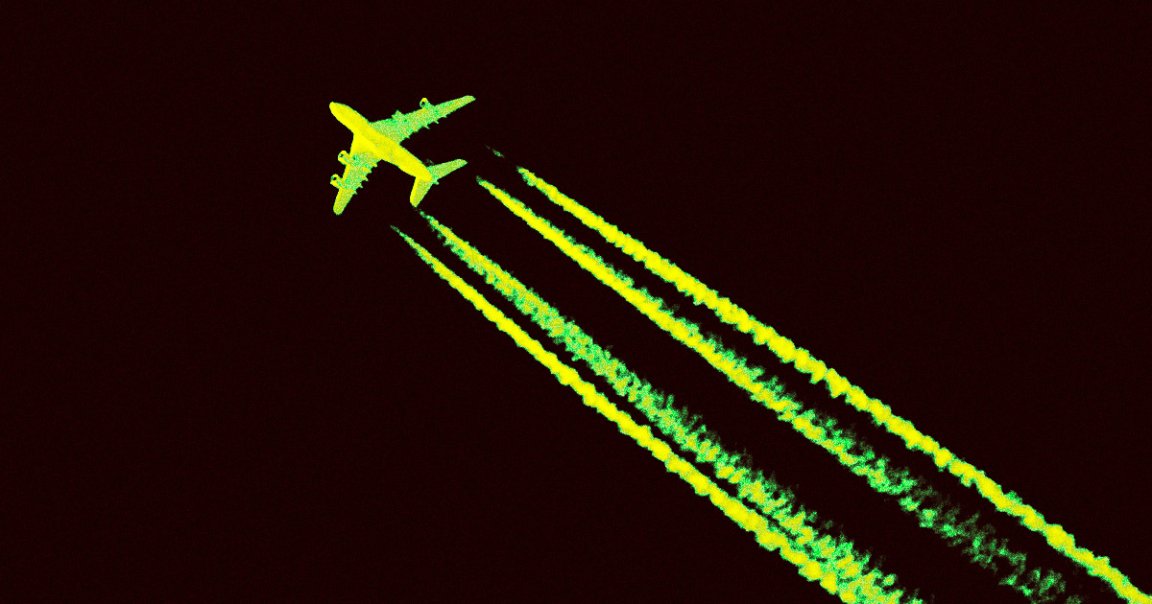
Surprise! It turns out that the process to create “biofuels” from plastic waste — a hallmark of Chevron’s “climate-friendly” fuel pledge — would be so toxic, it could literally cause cancer.
As The Guardian reports in tandem with ProPublica, records obtained by the news outlets reveal that, per the Environmental Protection Agency’s calculations, pollution from the plastic-derived jet fuel Chevron intends to start making would carry a one-in-four risk of cancer for anyone living near facilities that manufacture it.
Yet for some reason, the EPA signed off on the Chevron project, according to the reporting — and even skipped some key steps that would normally bar this sort of risky chemical from being produced.
Proposed as part of the Biden Administration’s response to the global climate crisis, plastic-derived biofuels seem, on their face, to provide both a solution to petroleum’s greenhouse gases and a way to tackle the overwhelming plastic waste problem to boot.
But the reality is far darker because, as this investigation and other big ones have found, the process by which plastic is broken down can produce emissions that could actually be worse for the environment than the burning of fossil fuels.
To add insult to injury, Pascagoula, the Mississippi town where Chevron plans to make the plastic-derived fuel — with the permission of the EPA, in spite of the known risks — is home to a primarily Black community. Given the increasingly well-documented realities of environmental racism, experts that the news outlets spoke to have expressed serious misgivings.
The one-in-four risk of cancer from the smoke stack pollution the Chevron facility will carry is, as the joint reporting notes, a whopping 250,000 times higher than what the EPA normally allows when approving new chemicals.
But as records obtained by The Guardian and ProPublica show, the agency not only approved the Chevron jet fuel while being aware of that staggering cancer risk, but also skipped a number of key tests that would normally be undertaken with such a seemingly-toxic chemical.
When asked why those tests weren’t done, an EPA spokesperson told the news outlets that the agency “does not believe these additional test results would change the risks identified nor the unreasonable risks finding.”
But when the outlets’ reporters asked Maria Doa, a veteran EPA official who is now the senior director of chemical policy at the nonprofit Environmental Defense Fund, if the jet fuel should be allowed to be produced, her answer was a resounding “no.”
“EPA should not allow these risks in Pascagoula or anywhere,” Doa said.
As toxicologist and former National Institute of Environmental Health Sciences director Linda Birnbaum told the news outfits, the move seems like bad news.
“That kind of risk is obscene,” Birnbaum said. “You can’t let that get out.”
More on the environment: A Shocking Amount of US “Recycling” Goes Straight to the Landfill